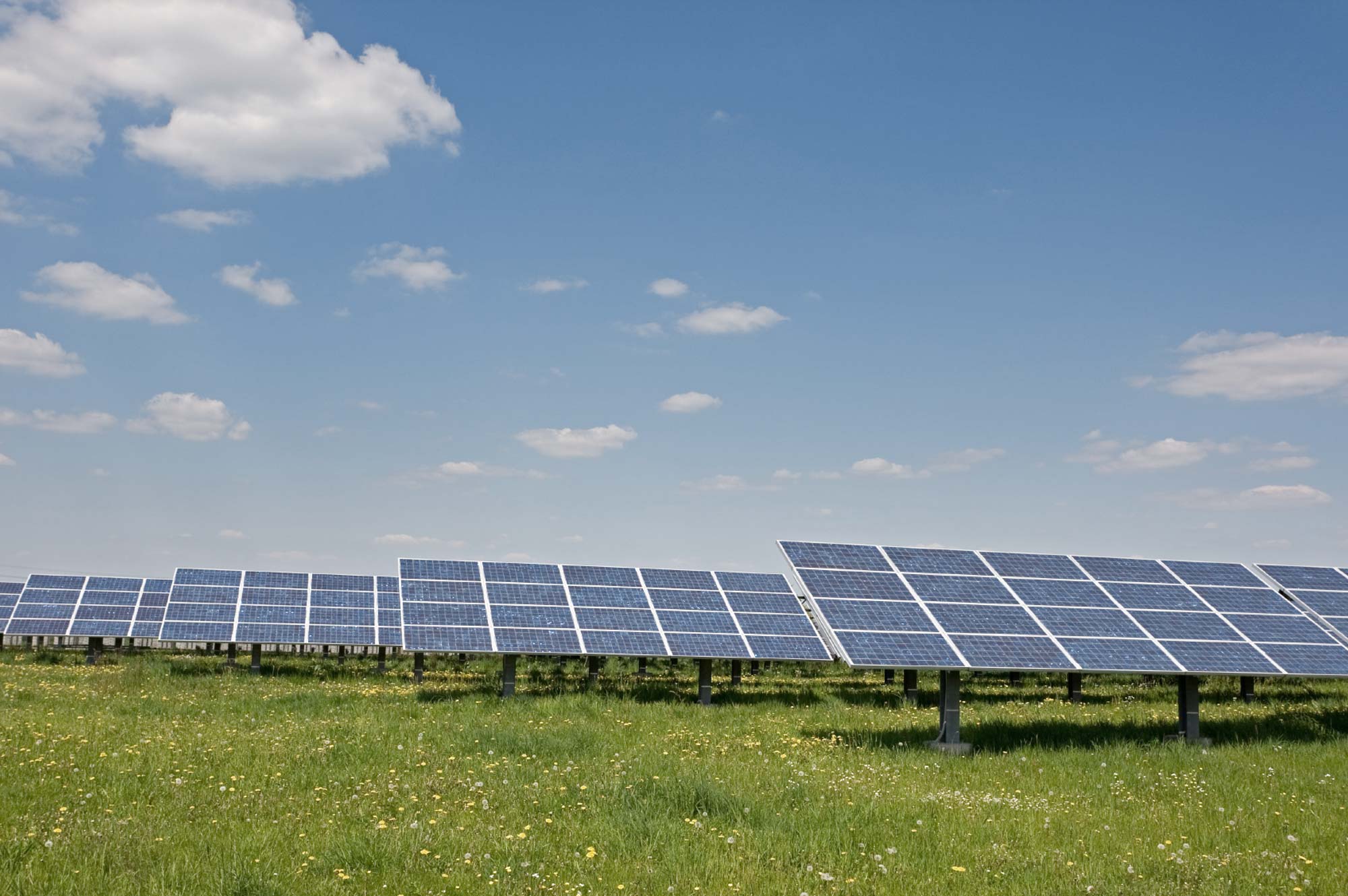Energy efficiency directive
If the EU does not take measures to save energy, it will remain exposed to oil price increases - and it will continue to contribute to climate change.
The Council had agreed in 2007 to reduce energy consumption by 20% until 2020.
But the Commission has been reluctant to make the target legally binding, so that several years were lost.
Therefore reaching the target by 2020 has become more difficult.
This Directive was to enshrine the EU's 20% energy savings target in a legal framework and to set out binding measures to bring the EU closer to achieving its goal.
What was the Greens' position?
The Greens believe that energy efficiency - reducing our energy demand - is the best way to help the climate, to boost jobs, to create innovative industries and services while reducing energy bills.
Energy efficiency measures should be implemented in all sectors of the economy.
In order to achieve the EU's target Member States should draw up plans on how they plan to save energy, in particular in the buildings sector. These measures need to be supplemented by sufficient support funds.
Energy companies will also be tasked with delivering 1.5% in annual savings across all end-use sector.
Did other MEPs accept the Greens' position?
The Greens succeeded to gather majority support for legally binding 2020 energy efficiency targets in Parliament.
The position included many of our key demands including obligatory national roadmaps, also for the renovation of buildings, and supplemented by support funds.
The Parliament even demanded the Commission to propose solutions to the dropping price of European emission trading certificates, at this point.
Which points did the Greens lose?
While negotiation results in Parliament resulted in a positive outcome, much of this got lost in negotiations with the Member States, where each country tried to protect its energy-intensive industries.
The measures decided will lead to only 15% more energy efficiency, if all are applied.
Once efficiciency measures from other legislation are added, like ecodesign standards and car emission standards, the total increase may attain 17%.
Procedure:Ordinary legislative procedure
Reference(s):2011/0172(COD)
Lead MEP:Claude Turmes (Greens/EFA)
Green MEP responsible:Claude Turmes
Voted:11.09.2012
Staff contact:Heike Leberle (Email)"
Outcome of the vote
Below you find the results of the final vote in plenary. How did the political groups vote? What about national delegations? And what was the position of your MEP?
